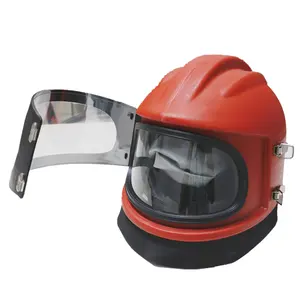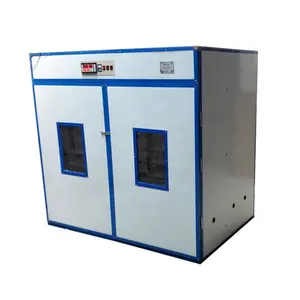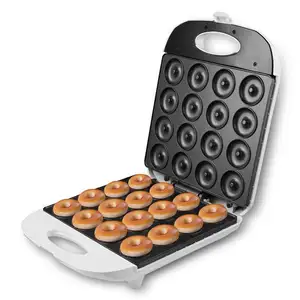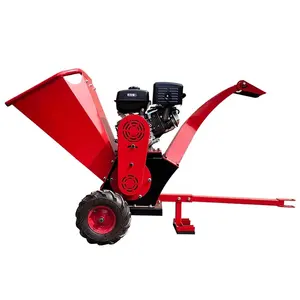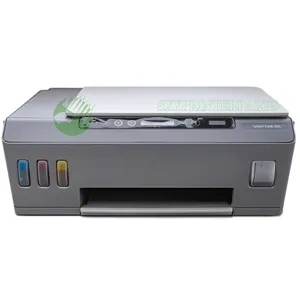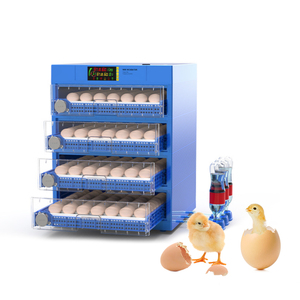Popular in your industry


















































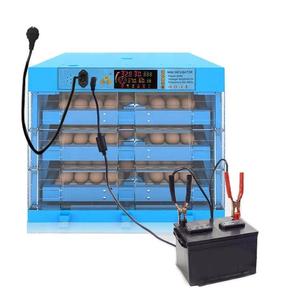











Related Searches:










































































































Top categories
About incubators egg hatching machine
An egg incubator is a device that simulates the conditions necessary for the development of eggs. It provides consistent temperature, humidity, and sometimes even rotation to ensure successful hatching. Incubators are used for various types of eggs, including those of chickens, ducks, and other poultry. They are essential for hatcheries, poultry farms, and even hobbyists looking to hatch their own eggs. An egg incubator typically consists of a temperature control system, humidity regulation, and sometimes an automatic turning mechanism. It provides a controlled environment for eggs to develop and hatch.
Types of egg incubators
There are several types of egg incubators available, each catering to specific needs and preferences. Still, the most common distinction is based on the source of heat and the scale of operation. The most common types are tabletop incubators, cabinet incubators, and commercial hatchers. Tabletop incubators are smaller, more affordable, and suitable for hobbyists or those hatching a small number of eggs. They are easy to use and monitor, making them ideal for beginners. Larger-scale hatcheries or poultry farms often use cabinet incubators. These models can accommodate a more significant number of eggs and offer more advanced features for precise temperature and humidity control. Commercial hatchers are designed for industrial-scale egg incubation. They can handle thousands of eggs at once and are equipped with advanced technology for optimal hatch rates.
Advantages of egg incubators
Chicken egg incubators offer several advantages. First, they provide a controlled environment, ensuring that temperature and humidity levels are optimal for egg development. This control is crucial for the success of the hatching process. Second, incubators allow for year-round hatching, regardless of external weather conditions. This flexibility is especially important for commercial hatcheries and poultry farms. Third, egg incubators can improve hatch rates. By providing a stable and consistent environment, they can increase the chances of eggs developing and hatching successfully. Fourth, they offer convenience and time savings. Rather than relying on natural incubation, which can be unpredictable and labor-intensive, an incubator automates the process, requiring minimal intervention. Finally, incubators can be educational and engaging, allowing students, hobbyists, and families to observe the fascinating process of egg development and hatching.
How to use an egg incubator
Using an egg incubator requires careful attention to detail and adherence to specific guidelines. First, choose a suitable location for the poultry egg incubator. It should be placed in a draft-free area away from direct sunlight and other heat sources. Next, the incubator should be set up according to the manufacturer's instructions, ensuring that all components, such as the temperature and humidity controls, are functioning correctly. The incubator should be preheated and stabilized before adding the eggs. The eggs should be placed in the incubator with the pointy end facing down and regularly turned to prevent the embryos from sticking to the shell. It is essential to monitor and adjust the temperature and humidity levels as needed, as fluctuations can impact hatch rates. Finally, the eggs should be candled periodically to check for signs of development. This involves shining a light through the egg to observe the growing embryo. With careful monitoring and attention to detail, an egg incubator can be a valuable tool for successfully hatching eggs.
